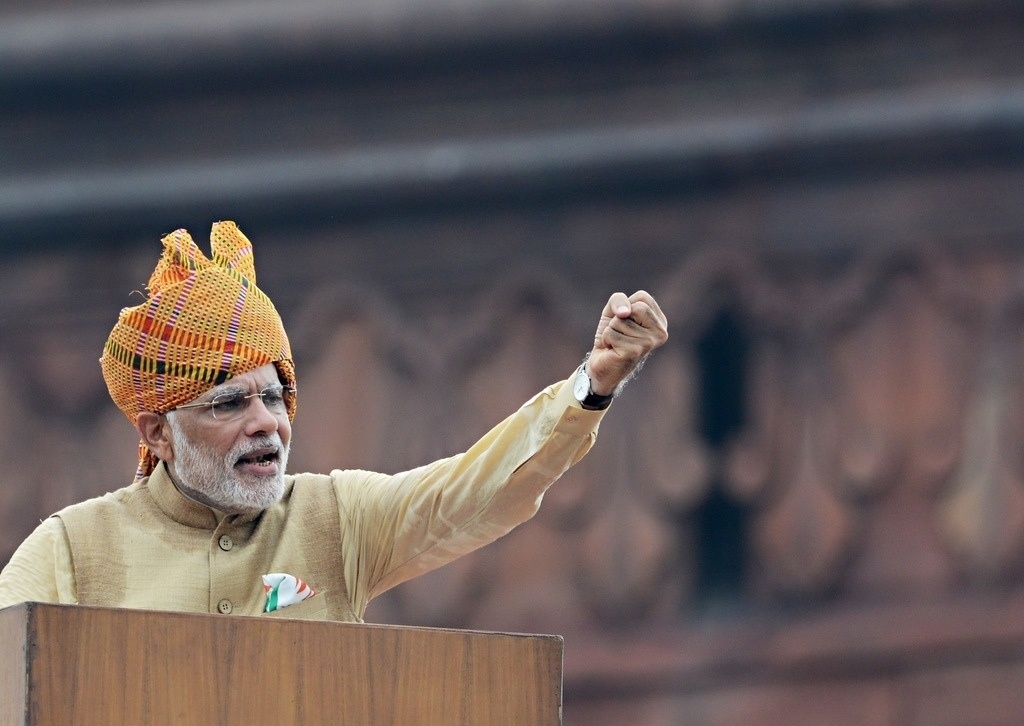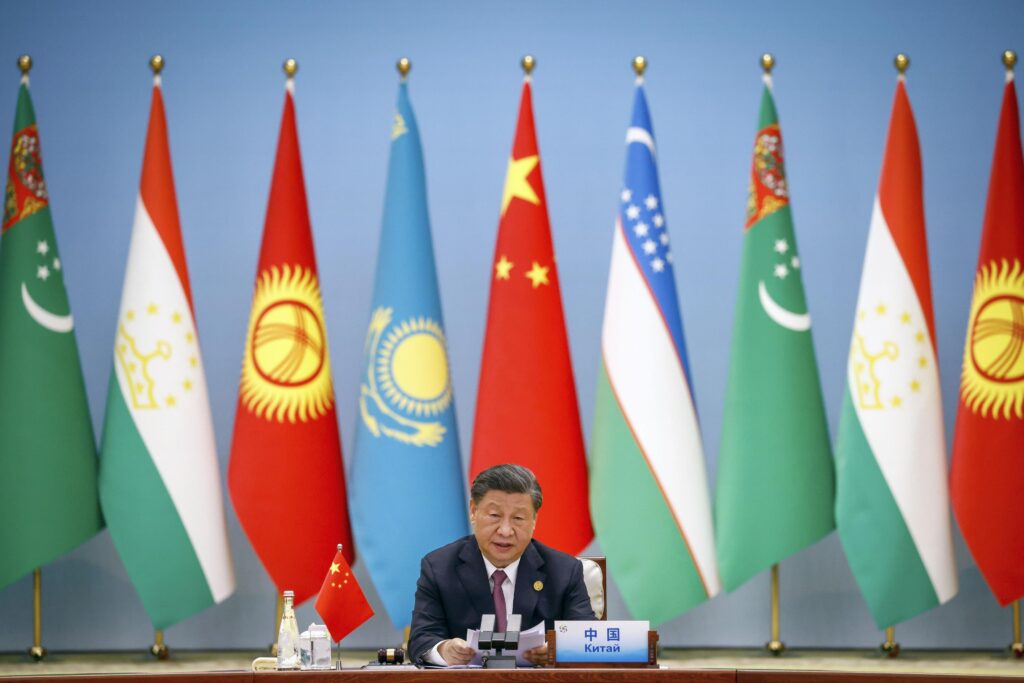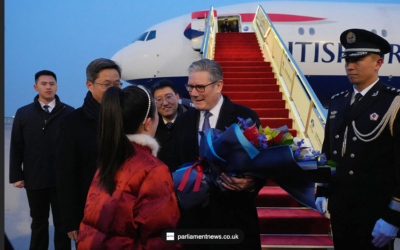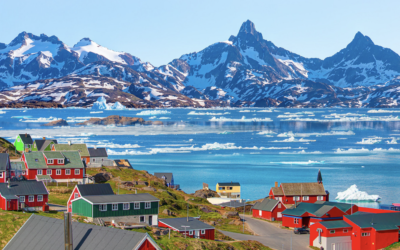In the grand chessboard of global affairs, major powers wield outsized influence, shaping the destinies of nations and the course of history. From economic leverage to military might, these nations exert their will across continents, often with far-reaching consequences.
The United States, long considered the world’s sole superpower, continues to play a pivotal role in international relations. Its economic heft, cultural soft power, and unparalleled military capabilities allow it to project influence on a global scale. However, the 21st century has seen this dominance increasingly challenged.
China’s meteoric rise has reshaped the geopolitical landscape. With its Belt and Road Initiative and aggressive economic diplomacy, Beijing has expanded its sphere of influence far beyond its borders. This ascendancy has not gone unnoticed, sparking concerns and countermoves from established powers.
Russia, despite economic challenges, remains a formidable player on the world stage. Its vast natural resources, nuclear arsenal, and willingness to assert itself militarily – as seen in Ukraine and Syria – ensure its continued relevance in global affairs.
The Shifting Balance of Power
The European Union, while grappling with internal divisions, presents a united front in many international matters. Its collective economic power and commitment to multilateralism make it a significant voice in global governance.
India, with its burgeoning economy and strategic location, is increasingly asserting itself as a major power. Its growing technological prowess and demographic dividend position it as a potential counterweight to China in Asia.

The influence of these powers extends far beyond their immediate neighborhoods. In Africa, for instance, China’s infrastructure investments compete with Western development aid, reshaping traditional power dynamics. In the Middle East, Russia’s intervention in Syria has altered the balance of power, while the U.S. continues to exert significant influence through its allies.
Climate change negotiations offer another arena where major powers flex their muscles. The decisions made by countries like the U.S., China, and India can make or break global efforts to combat this existential threat.
The New Frontiers of Power
In the digital realm, major powers are engaged in a new kind of arms race. Cyber capabilities, artificial intelligence, and control over data have become critical components of national power, with far-reaching implications for global security and economics.
The COVID-19 pandemic has further highlighted the influence of major powers. Vaccine diplomacy and the race to develop treatments have become new fronts in the ongoing competition for global influence.
As we move deeper into the 21st century, the interplay between these major powers will continue to shape our world. The rise of new powers and the relative decline of others suggest a shift towards a more multipolar world order. How these nations navigate their relationships with each other and with the broader international community will determine the course of global politics for decades to come.

In this complex web of power and influence, smaller nations are not mere spectators. They often find themselves caught between competing interests of major powers, forced to navigate treacherous diplomatic waters. Yet, through alliances, economic ties, and strategic maneuvering, they too can exert influence disproportionate to their size.
The influence of major powers in international politics is a dynamic and ever-evolving phenomenon. As history has shown, today’s hegemon may be tomorrow’s declining power. In this high-stakes game of global influence, the only constant is change itself.


